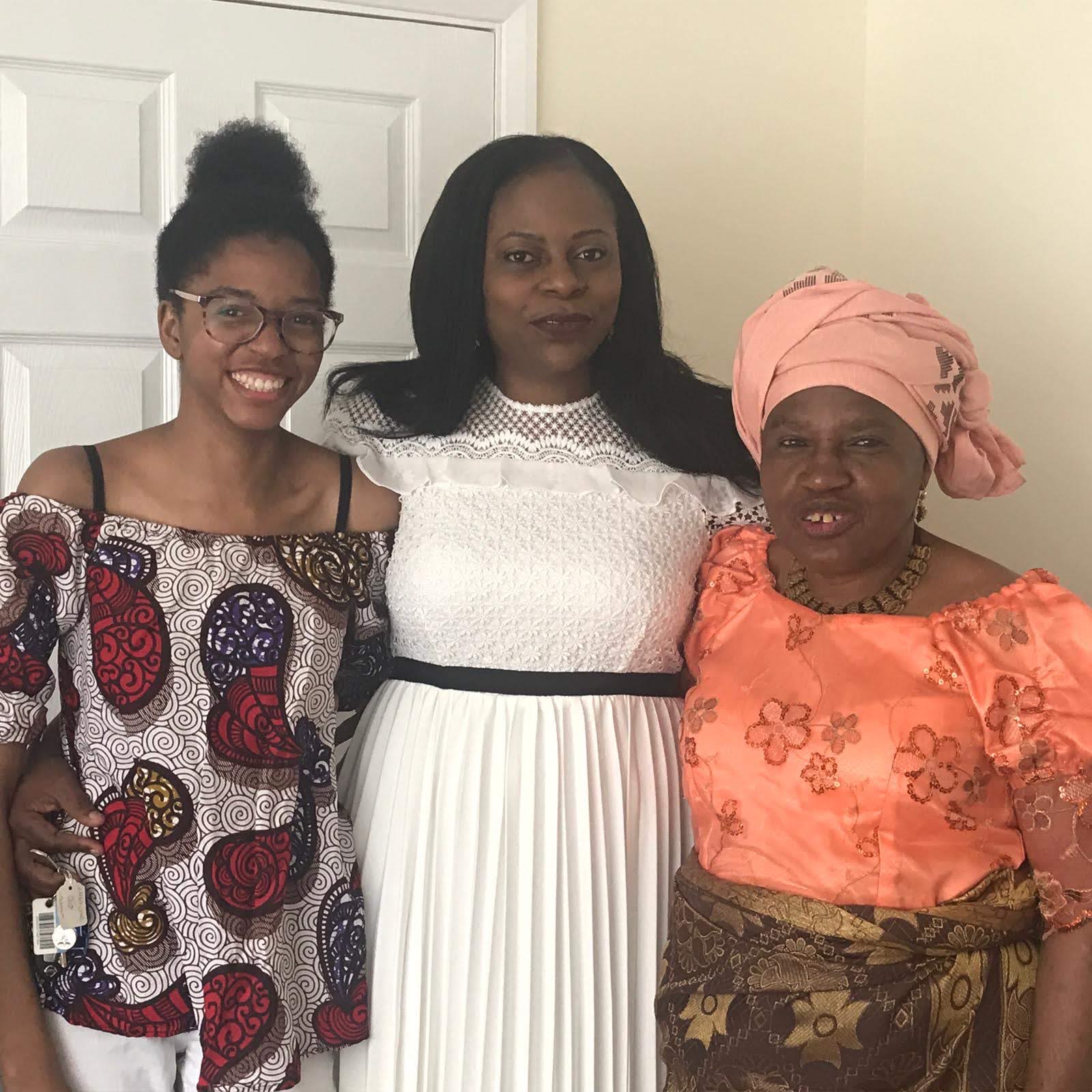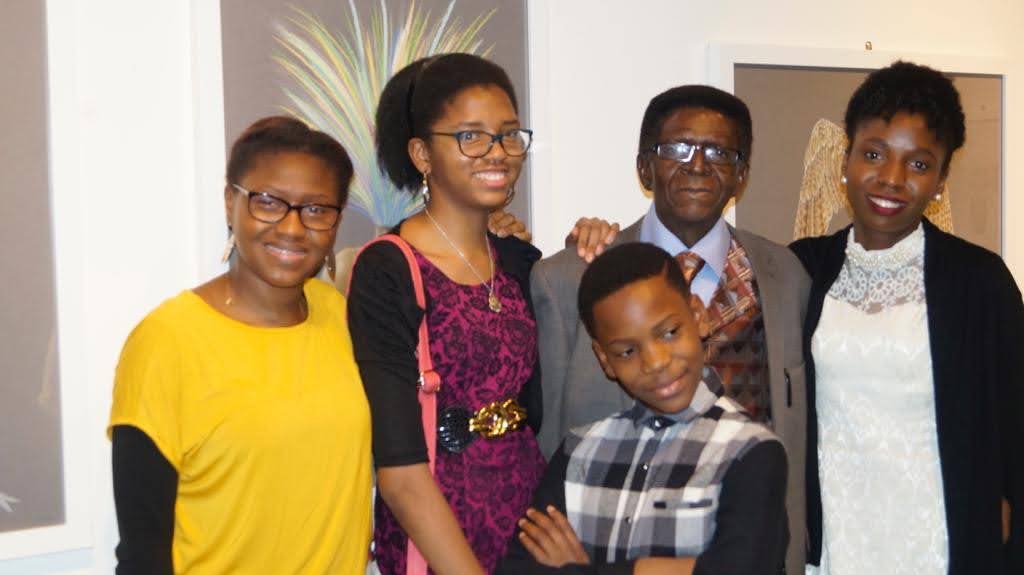Crown's story
Crown from Luton explains what it's like to live with a rare physical condition and how it impacts on mental health.

When Crown was 12, she was diagnosed with a rare genetic condition that she had never heard of.
“It was really unsettling not knowing how bad it could get. I kept looking things up on Google and finding bad news," explains Crown, now 20. "I followed the blog of a person who cared for someone with bad scoliosis and migraines as a result of the same condition. I didn’t want to be like that. At the age of 12 I was worried that people would have to care for me and I wouldn’t be independent. It became a burden.”
She hated having to explain to her friends “over and over” why she was missing school. She didn’t want to be different. Back at home, Crown didn't want to worry her family. She says she felt very alone in the world.

On holiday from Nigeria, Crown had been visiting family in Luton when her life turned upside down. Her glasses had broken. She went to the optician to get them fixed, but was told she’d need more tests. Many tests and referrals later, she was diagnosed with Marfan Syndrome. Unable to have specialist treatment in Nigeria, she never returned home.
Marfan Syndrome affects a gene that creates fibre for muscles. It particularly affects your heart, spine and muscles, sometimes all three, as in Crown’s case. People with the condition are usually tall and thin with long arms and legs.
So began endless appointments at Great Ormond Street Hospital, with Crown’s aunt always in attendance to help translate the information for her mum. Travelling in and out of London was expensive and time consuming.

Crown with her aunt, Clara, and mum, Mary
Crown with her aunt, Clara, and mum, Mary
Although she was eventually referred to a psychologist, Crown says she internalised her problems, ignoring her mental health.
"I thought I just had to deal with it. Most people thought I was fine, because I smiled a lot. But I wasn’t fine. I needed reassurance. I needed someone my age who understood me.”
Thinking about the vision of Cambridge Children’s Hospital, where mental health and physical health will be treated together, Crown says it will be great to have a ‘whole child’ approach.
"Having someone ask you how your mental health is would make such a difference. Children would grow up thinking that their mental health is important.”
When Crown’s father, Thompson, was also diagnosed with Marfan Syndrome, she realised she wasn’t the only one. She took care of him and worried about him instead of herself.

Crown (second left) with her dad, Thompson (second right)
Crown (second left) with her dad, Thompson (second right)

Crown with her sisters
Crown with her sisters
Crown is planning a career in medicine and starts at university this Autumn. “After my dad passed away, I remembered what he told me – to keep looking forward. My condition is not going to hold me back and I can do whatever I want.”
Thank you Crown
for sharing your story!

Crown is a member of Cambridge Children's Network. Signing up is the best way to get involved in the new hospital project. There are many opportunities for all ages.

